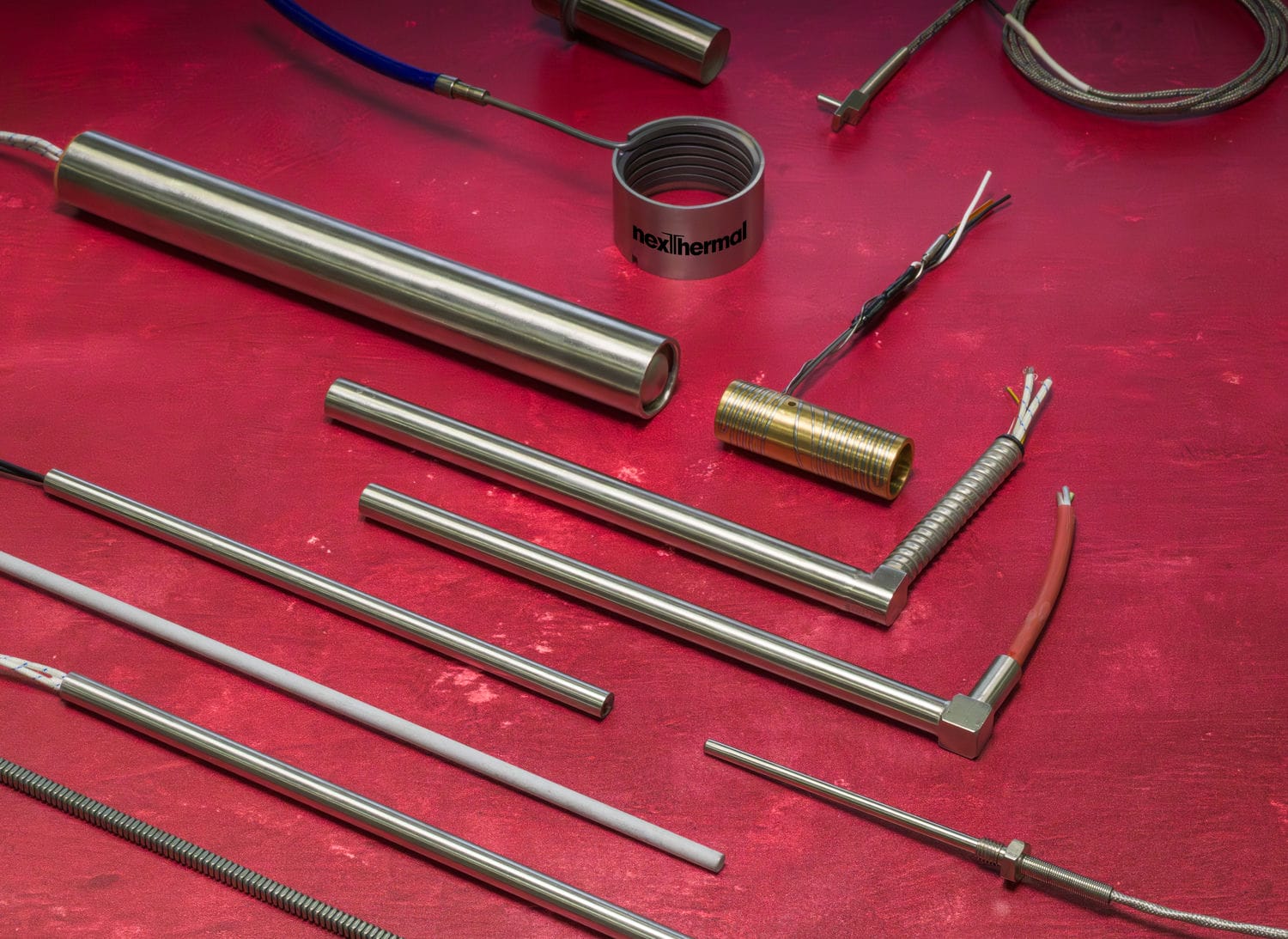The growth of process heating technology has resulted in packaging innovations such as heat-sealed packages, tamper-resistant bottles and shrink wraps. Many effective packing methods require process heating.
It is common for automated machines to use or add various sorts of heating products throughout the packaging process, which includes laminating, drying, pasteurizing, curing, flashing, evaporating, sterilizing, sealing, shrinking and recycling. The pace at which the machines are capable of printing, cutting and wrapping has substantially enhanced the handling and processing times.
Concerns about food safety have prompted a slew of packaging changes throughout the years. With the demand for perishable foods, dairy goods and medications increasing substantially over the years, packaging designers have been pushed to constantly innovate and improve the shelf-life of these products and provide customers with safe and easy storage options.
Customized food packaging
Any box or part of a package whose shape may be easily modified is considered flexible packaging. Stand-up pouches, enclosable pouches and other non-rigid food packaging designs can all be customized based on industry-specific requirements and can be further customized depending on the type of product that needs to be packaged.
Whether it is optimizing packaging to ensure that the product remains safe for consumption till it reaches the consumer or designing the package to improve its aesthetic appeal and cater to the consumer’s sense of retention even after the product has been long consumed, the food packaging industry is consistently pushing the boundaries to achieve its goals.
There is an extraordinary growth of flexible packaging options, especially in the rapidly growing food and beverage industry. This ranges from food safety and shelf life to product protection, convenience of use, printability and sustainability, which is the latest trend that the packaging industry is trying to keep up with.
Companies that make a variety of foods benefit from the several materials and adjustable features that can be used to pack several products and require minimum modifications. There are fewer constraints on food packaging designs now than there have ever been. Consumers also love flexible food packaging as they can be resealed or taken along during long daily commutes and road trips. They are also less expensive as they use fewer and lighter materials.
Why is customization of packages necessary?
Customized packaging is becoming more popular as a way for organizations to distinguish themselves from their competitors. Many manufacturers are embracing customized packaging as it has numerous benefits. Some of them are listed below:
- Eco-friendly
- Convenient
- Cost-efficient
- Lightweight
- Safer distribution
- Customizable
- Innovative
- Improves brand recognition
Electric heaters for film packaging machines
The fundamental goal of packing is to protect the accompanying product from damage, contamination and other environmental factors such as heat, cold or moisture while it travels from the maker to the consumer.
For many items, film packaging has shown to be exceptionally flexible and versatile, as well as cost-effective and space-saving. They take up less storage and transit space than cardboard boxes for instance and are thus more resource-efficient. They are extremely flexible for wide-ranging requirements.
The film qualities are matched to the contents that are to be packed. For cost and quality concerns, many organizations are turning to semi-automated or automatic packing machinery. Heating is a crucial aspect when producing packaging materials. As a result, in the packing sector, electric heating must be exact and uniform heating is very important.
Original equipment manufacturers (OEMs) are inclined to make customized solutions for specific production needs, such as packaging equipment, material handling systems, and air handling units.
Nexthermal offers capable form-fill-seal and top seal solutions without having to replace existing equipment. Our experienced team has proven expertise in optimizing packaging processes that are designed to be energy efficient. Our ideas have helped our customers realize 15-35% energy savings while maintaining the same performance levels and in many cases even enhancing them.











